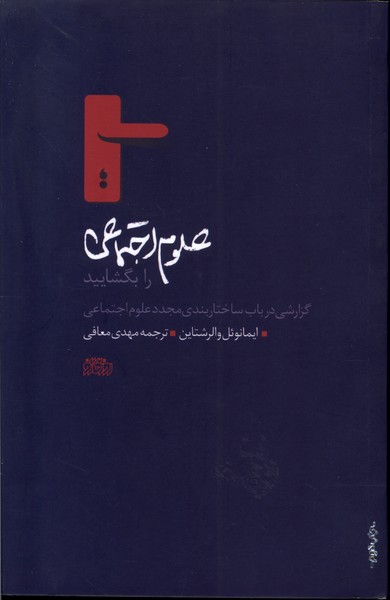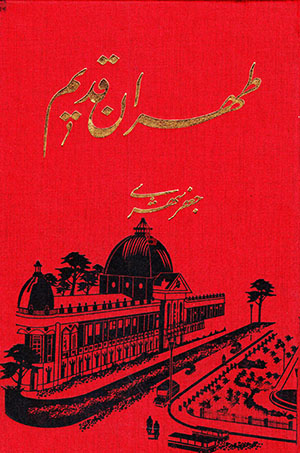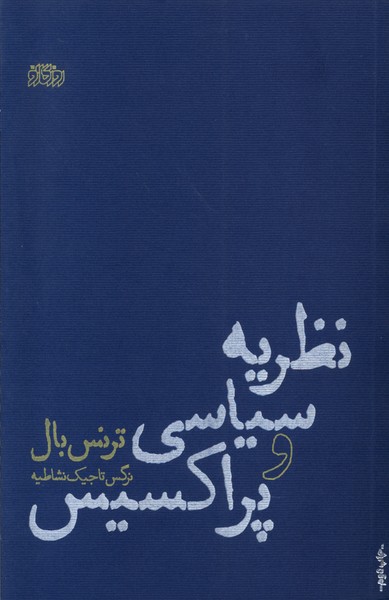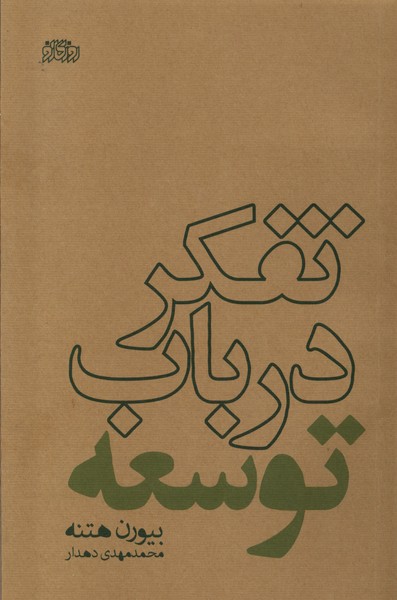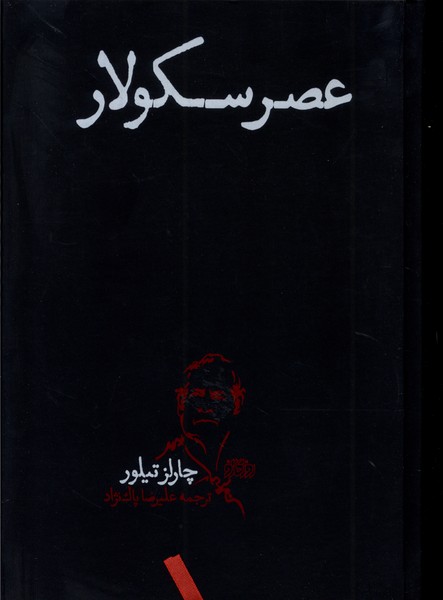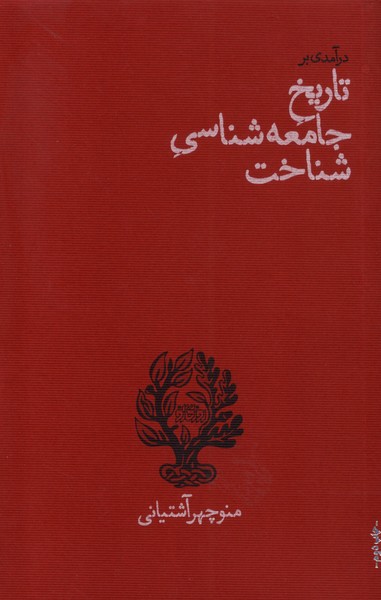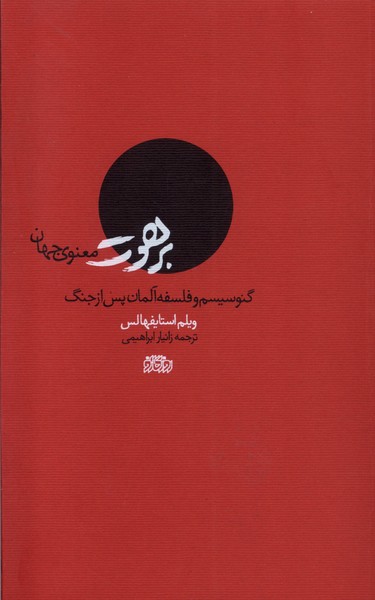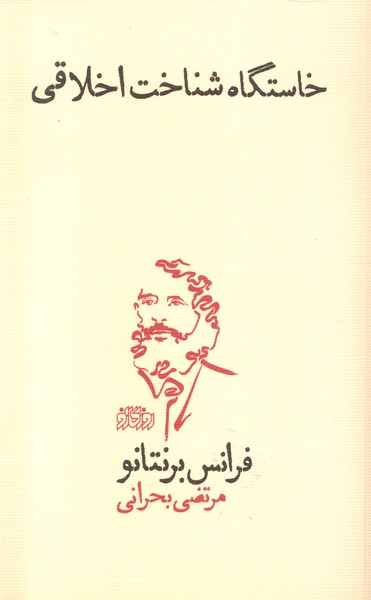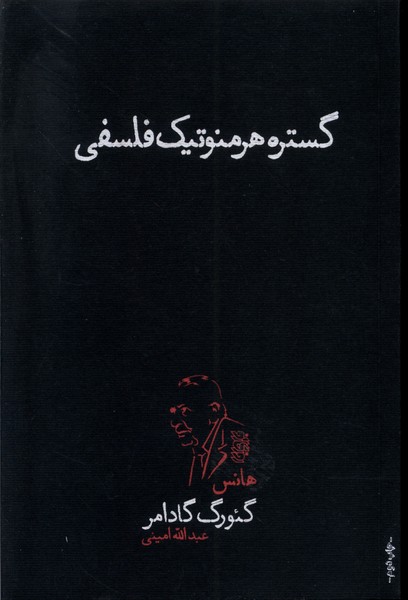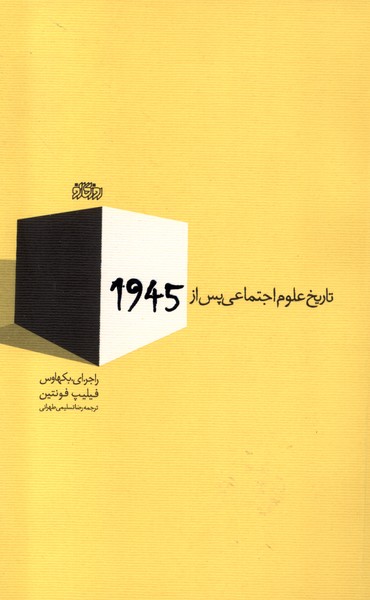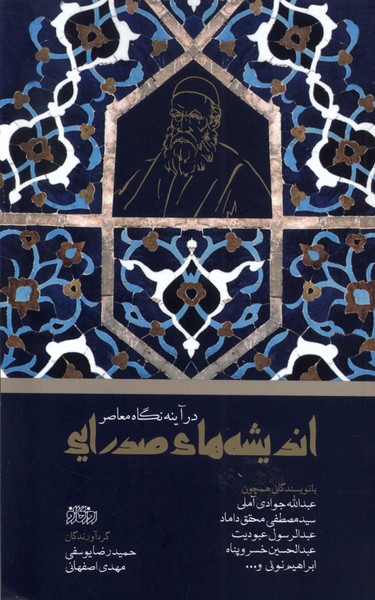علوم اجتماعی را بگشایید (گزارشی در باب ساختاربندی مجدد علوم اجتماعی) الفارسية 1401
'Ulūm-i Ijtimā'ī rā Bigushāyīd (Guzārishī dar Bāb-i Sakhtār'bandī-yi Mujaddad-i 'Ulūm-i Ijtimā'ī)
15٫06 £
مشاركة
Wishlist
العنوان الأصلي:
Open the Social Sciences: Report of the Gulbenkian Commission on the Restructuring of the Social Sciences
ISBN رقم:
9786226700153
المترجم:
Mahdī Mu'āfī
الناشر:
Pigah-i Ruzgar-i Naw
الفئة العمرية:
البالغون
الصفحات:
150
الوزن:
230 g
أبعاد المنتج:
14 x 21 x 1٫4 cm
غلاف الكتاب:
غلاف ورقی
Concerned about the worldwide state of the social sciences―the relations among the disciplines, and their relationship with both the humanities and the natural sciences―the Calouste Gulbenkian Foundation, based in Lisbon, established in 1993 the Gulbenkian Commission on the Restructuring of the Social Sciences. It comprised a distinguished international group of scholars―six from the social sciences, two from the natural sciences, and two from the humanities. The report first explores how social science was historically constructed as a form of knowledge and why it was divided into a specific set of relatively standard disciplines in a process that went on between the late eighteenth century and 1945. It then reveals the ways in which world developments since 1945 have raised questions about this intellectual division of labor and have therefore reopened the issues of organizational structuring that had been put into place in the previous period. The report goes on to elucidate a series of basic intellectual questions about which there has been much recent debate. Finally, it discusses in what ways the social sciences can be intelligently restructured in the light of this history and the recent debates.
more
از یک طرف، ساختار علوم اجتماعی قرن نوزدهمی، بازتابی بود از ایدئولوژی لیبرالیسم کلاسیک که در آن میان سه حیطه از فعالیتهای بشری تفکیک صورت میگرفت: حوزۀ عمومی بهکارگیری قدرت، حوزۀ نیمهعمومی تولید و حوزۀ خصوصی زندگی روزمره. متناظر با این سه حوزه، رشتهها و دپارتمانهای دانشگاهی علوم سیاسی، اقتصاد و جامعهشناسی پدید آمدند. از طرف دیگر، مدرنیته دو «دیگری» داشت که میبایست مطالعه میشدند: گذشتۀ خود جوامع مدرن که در سیر زمان تکامل پیدا کرده بود و علم «تاریخ» به مطالعۀ آن میپرداخت؛ و مردمان و ملل غیرغربی که نظم سیاسی_اجتماعیشان آنقدر پیشرفت نکرده بود که با علوم اجتماعی سهگانۀ قانوننگر (علوم سیاسی، اقتصاد و جامعهشناسی) مطالعه شوند، با «شرقشناسی» و «انسانشناسی» مورد مطالعه قرار گرفتند. «شرقشناسی» برای مطالعۀ نظامهای متمدنتر غیرغربی و «انسانشناسی» برای مطالعۀ قبایل و مردمان فاقد سیستم اجتماعی تدارک دیده شدند. بر این اساس، سه خط تمایز و شکاف، ساختار علوم اجتماعی قرن نوزدهمی را شکل داد: نخست شکاف درونی علوم اجتماعی قانوننگر میان بازار (علم اقتصاد)، دولت (علوم سیاسی) و جامعة مدنی (جامعهشناسی)؛ دوم شکاف درونی جهان مدرن میان گذشته (تاریخ) و اکنون (علوم اجتماعی قانوننگر)؛ و سوم شکاف میان «مطالعة جهان مدرن» با استفاده از تاریخ همراه علوم اجتماعی قانوننگر و «مطالعة جهان غیرمدرن» با استفاده از انسانشناسی به همراه مطالعات شرقشناسی.
more

